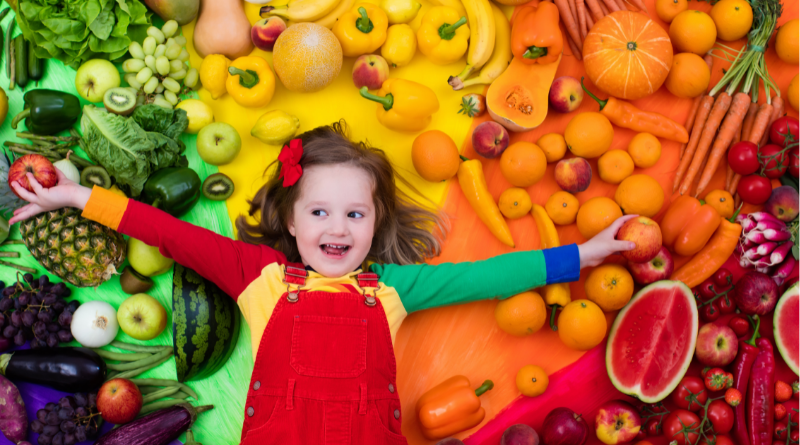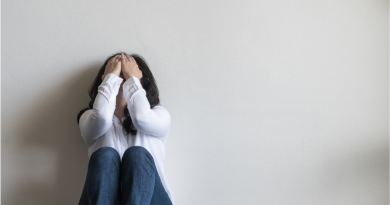How can you use nutrition as personal development?
When we hear or think about personal development, we often consider the realms of meditation, further education, counselling, and exercise. Nutrition is often an afterthought or is considered as a supporting role in a goal set in the aforementioned areas.
We’d like to make nutrition the star of the show, the Oscar nomination rather than the supporting role.
We are fortunate to have access to food such as fruits, vegetables, nuts, and seeds that will improve our nutrition.
We have reams of information about the basic steps that will help you to improve your eating habits. So why is nutrition so far down our list of tools to bring us health benefits? With the constant adventures of life, I think it is fair to say nutrition may not always be at the forefront of your mind. Here are a few steps that will both help you to bring your eating habits to the forefront of your mind and to help you improve.
Completing a food diary. This is always the first step when working with a Nutritional Therapy client. A food diary is where you write down:
- What you’ve had – to eat or drink
- When – time of day
- Quantity – rough portion size
- How you are feeling
A food diary can be handwritten or digital or a hybrid of both. It is a tool in recording data, this data offers valuable insight into not only what and how you eat but why. Using a food diary will give you a full picture of what you eat, rather than what you think you eat. Many of us eat so mindlessly that we don’t pay attention to the extra snacks we have or what our portion sizes are. A food diary is more than noting the number of veg portions we have in a day, the act of recording this information makes us mindful.
When you take a small amount of time to write a food diary, you aren’t just tracking what you have eaten but are reflecting on whether you’re eating for convenience, boredom, or emotion. We would recommend recording your eating habits as they are for a fortnight, before making any changes. This will offer enough information for you to reflect upon, identify patterns and reconsider your food goals
Some areas to consider when reflecting on your food diary.
- Do you drink eight glasses of water a day? Not coffee or tea, water. Drinking water and staying hydrated. When we are dehydrated the impact begins to take place when there is a 1.5% loss in our normal water volume. However, our thirst sensations don’t appear until we are already 1-2% dehydrated. This means that when you feel dehydrated, your body is already being impacted. When you are dehydrated it affects your body in a wide variety of ways, from impacting your focus and energy levels to impacting your body at a cellular level. If you are looking to improve your nutrition, drinking water is a great place to start.
- Do you have 10 fruit and veg a day, with 7/8 of these ten being vegetables? When you aim for 5 and hit 3 fruit and veg portions, you think you’re doing well. When you aim for 10 and hit 8 fruit and veg portions, you know and will feel that you’re doing very well.
- What are your food goals? For some people going to 10 fruit and veg, per day, maybe difficult, so start at your level. This could be having one extra veg portion per week or replacing tea and coffee with water after lunchtime. Whilst it is important to push yourself to make positive changes, it is also important to turn any positive changes into lasting habits. Working with a Nutritional Therapist can help.
- Are you being honest with your food diary? This is extremely important. It can be easy to not write down the sweet treat or savoury snack you enjoyed. Or to add a few veg portions that didn’t make it to your lunch and dinner plate. A food diary and working on your nutrition and eating habits isn’t about only eating ‘good’ food, it is about understanding what you actually eat so that you can make informed decisions when it comes to what you put on your plate and your health.
When you eat well, it ripples out to those around you.
When we shine a light on an area we are looking to improve on, that light is shared with those around us. This happens through the conversations we have, others seeing the changes we make and through the physical results. When we improve our nutrition others, it encourages others to become more aware of their own nutrition.
Originally posted 2021-11-24 11:59:49.
- How can you use nutrition as personal development? - February 2, 2026






